Organic products - so which ones?
min. reading
Widespread fashions have always been, are and will always be. Fortunately, the 21st century is a time of trends that in many cases can be called common sense. One such common-sense trend that has been unbroken for more than a dozen years is the one for eco-products, especially organic food. Nothing promises that this is about to change. On the contrary! Consumers around the world are becoming more and more conscious, they are increasingly knowledgeable about the food items they put in their shopping carts and carts, and their primary goal is usually to “eat not only tasty, but also healthy.” So it is worth finding out, among other things: what exactly is organic food? What is organic farming? What are organic labels and how to recognize organic products. All these questions (and more) are answered below.
Table of Contents
Eco-food – what is it?
Eco-food is – in simplest terms – food that is produced using organic farming methods. What is organic farming? It is agriculture where neither pesticides nor artificial fertilizers are used. In addition, organic food is conducive to the environment and, therefore, to the development of agriculture. In addition, eco-products are simply healthier than foodstuffs not labeled “eco(logical)” or “bio.”
Organic products – what are their characteristics?
There are three basic characteristics of organic food. These are:
- adherence to the principles of organic farming during production,
- control of all processes of formation of eco-food,
- taking responsibility for the organic products released into the market.
Adherence to the principles of organic farming
The principles of organic farming are strictly described in laws – both Polish and European Union. Without applying all of them, a producer cannot label and advertise his products as “organic.”
Controlling all processes of organic food creation
All processes of creating organic food – from growing crops in the field, to processing them in factories, to delivering them to stores and supermarkets – are monitored, controlled and documented.
Taking responsibility for organic products released into the marketplace
Responsibility for the environmental performance and broadly defined quality of organic food is borne not only by the producer, but also by the legally defined entity that controls the production process. This results in possible errors and oversights being reduced to a minimum or even to zero.
Organic food and the European Union certification system
It is also worth mentioning that organic food has been given a special certification system by the European Union. This system gives consumers confidence that a product:
- comes from organic cultivation,
- was processed and transported in a hygienic manner,
- has the appropriate permits,
- is safe for consumption.
Organic labels – how to recognize organic food?
Extremely important is how the consumer can recognize organic products, that is, how the so-called “organic label”(organic certificates) look like. Well, on eco-food there must be (in addition to elements present on all food products) such elements as:
- indication of the place of origin of organic raw materials, from which the product was created;
- the notation “organic”, “bio” or the symbol “*” on all articles from organic production;
- the authorization number of the certification body assigned by the Minister of Agriculture and Rural Development;
- the EU organic farming logo (this is the European Union flag and a leaf symbolizing nature and the idea of sustainable development).
Organic food – what else is worth knowing?
About organic food it is still worth knowing that:
- the use of the above-described EU logo is allowed only for food products containing 95% or more ingredients of organic farming origin;
- it is easy to distinguish between organic food produced in the European Union (has the label “EU agriculture”) and organic food produced outside the EU (has the label “non-EU agriculture”);
- products of animal origin may not have an organic label under any circumstances;
- organic food is often confused with healthy food, meanwhile studies show that the former mentioned contains the most vitamins (especially vitamin C and B vitamins) and antioxidants;
- the effect of consuming ecoproducts on reducing the risk of cardiovascular disease or cancer is constantly being studied.
For whom is organic food a good choice?
All the above information clearly indicates that organic food is a good choice for everyone – regardless of their age, lifestyle or health. Its purchase and consumption has two main advantages. First – it gives the opportunity to take better care of consumers’ health. Second – it allows you to take care of the environment. In short, eco-food is taking care of yourself and others and living according to the principle “you are what you eat”.
Eco products at HempKing
Hempking hemp foods are also eco foods. Our products in the category of superfoods, hemp proteins, hemp oils or hemp seeds have been awarded the EU certificate of organic production. Below you will find a selection of eco products that have been awarded the said certification:
ECO HEMPKING PRODUCTS

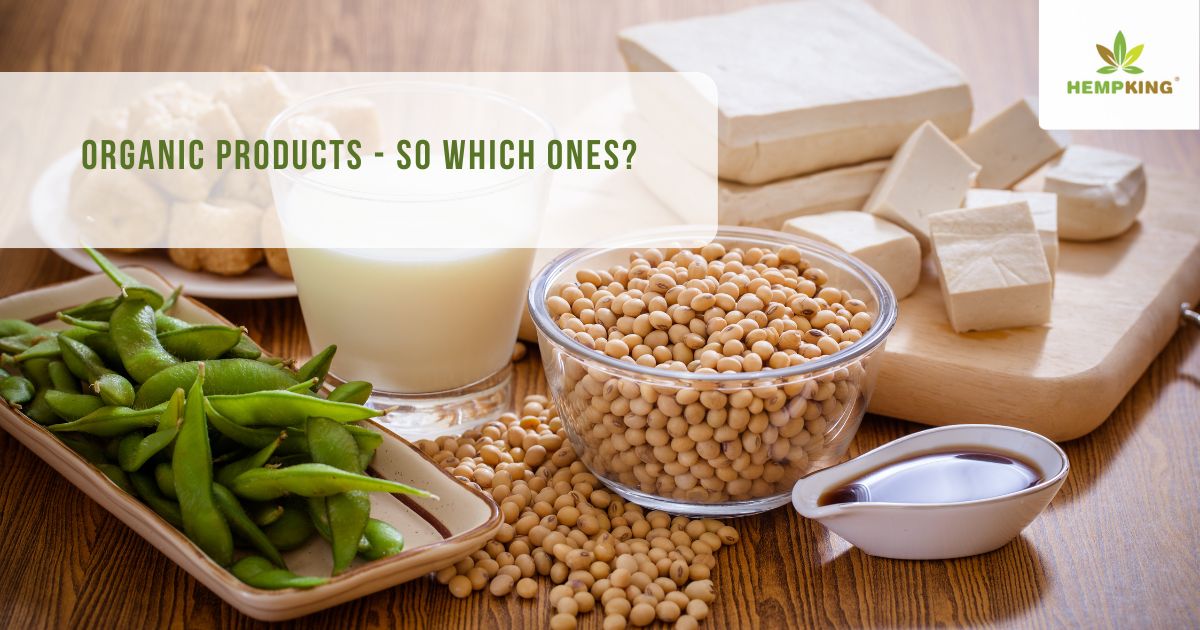
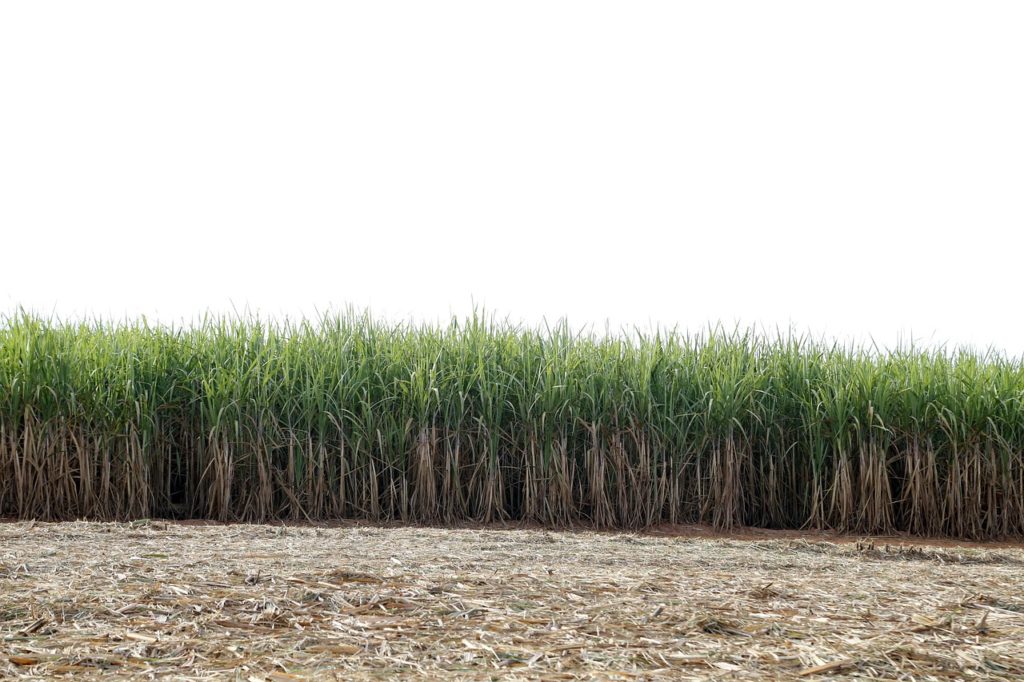
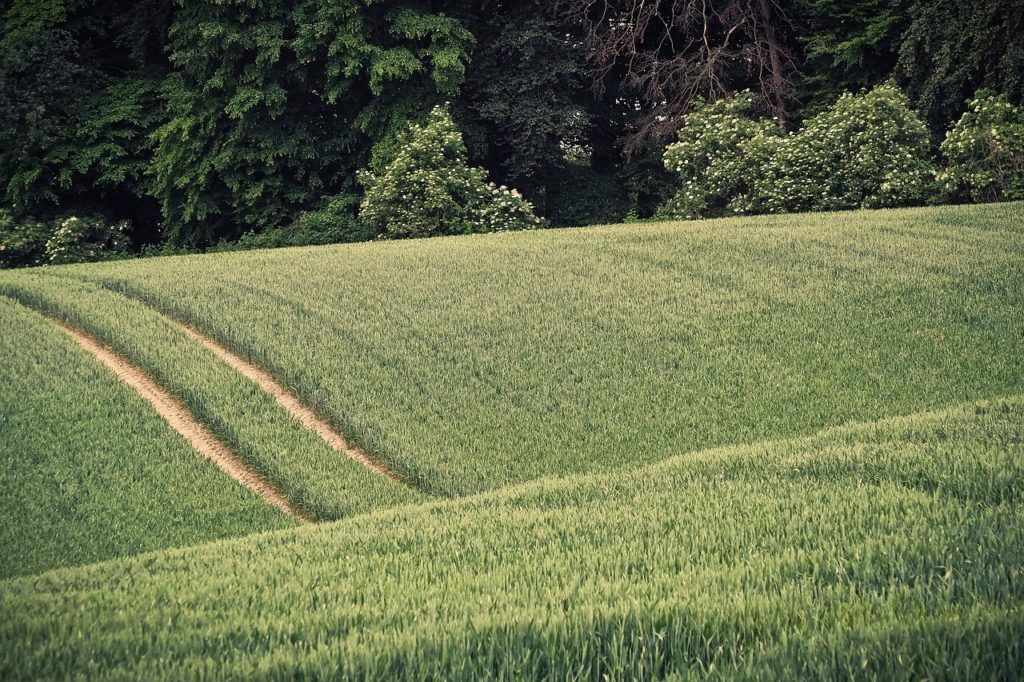
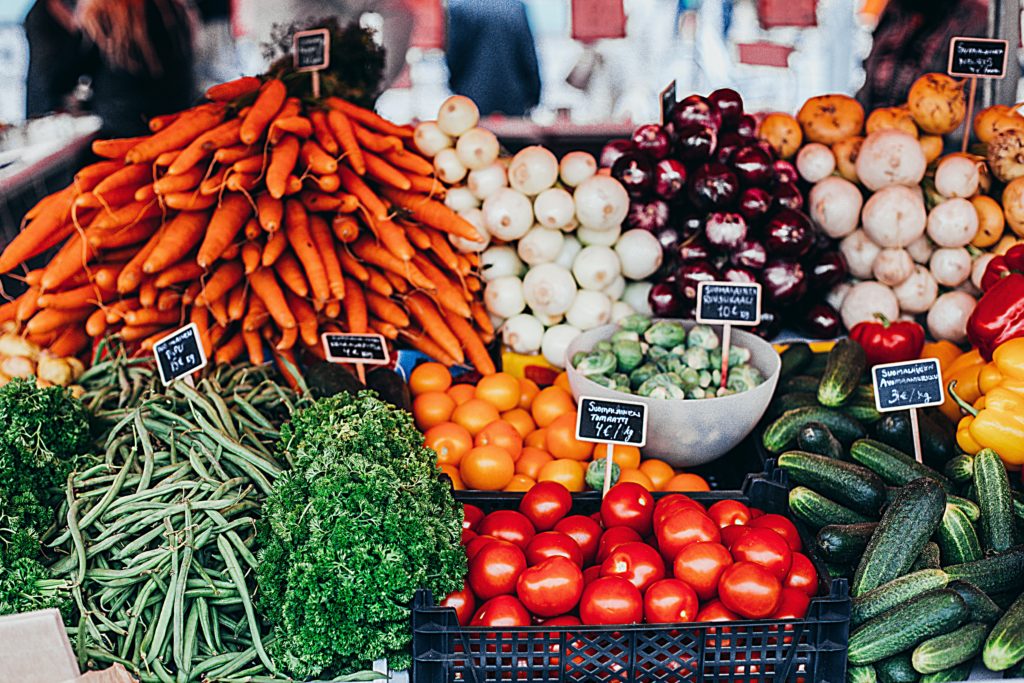
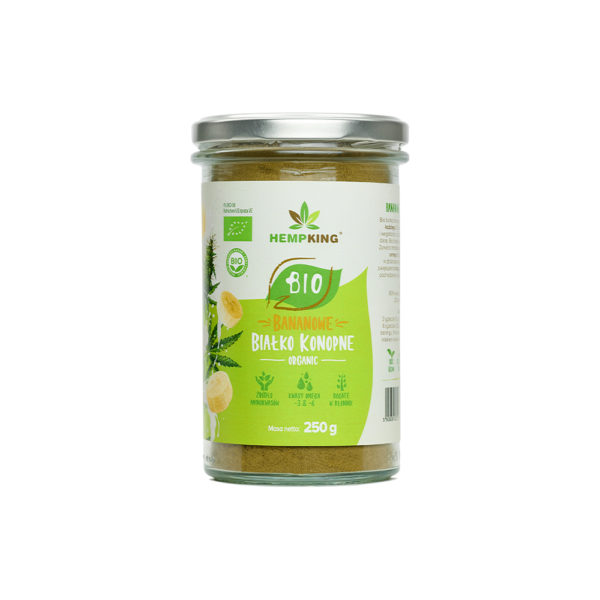
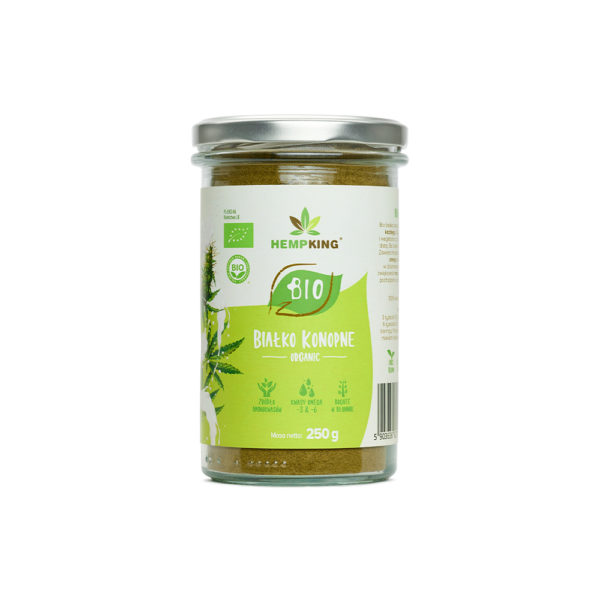
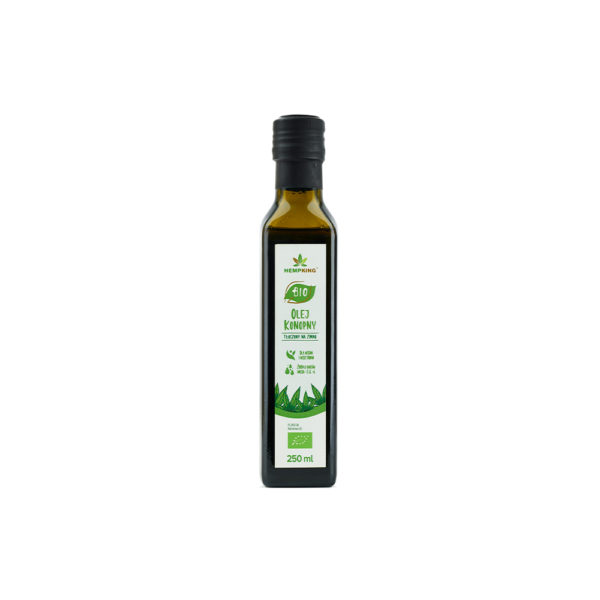
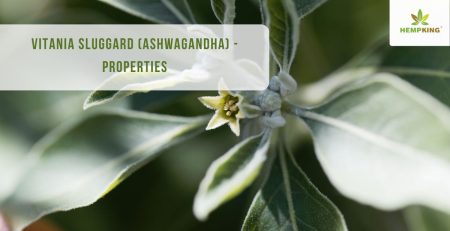
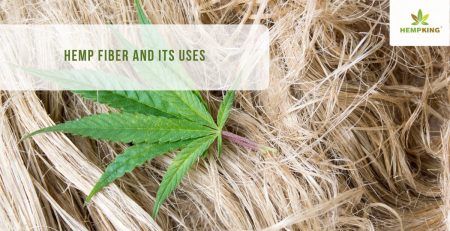
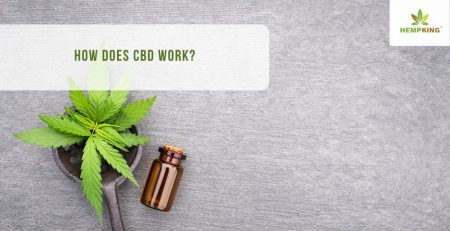

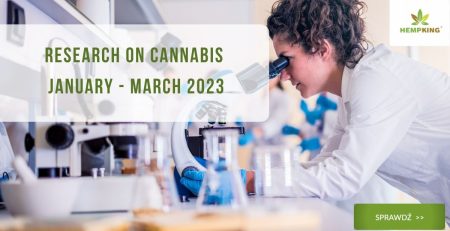
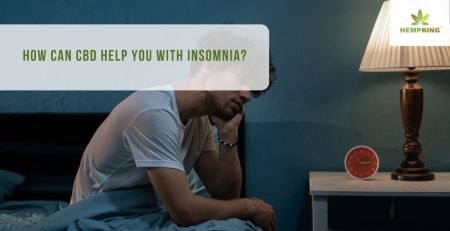
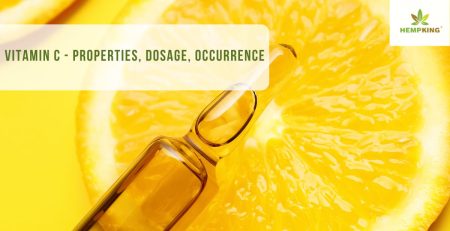
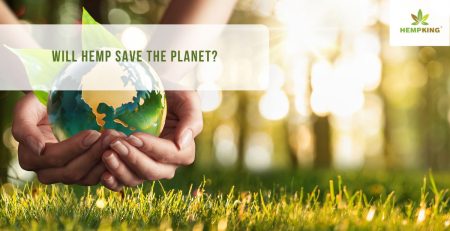
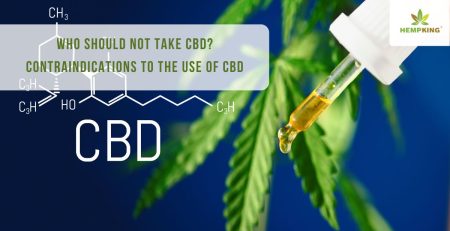
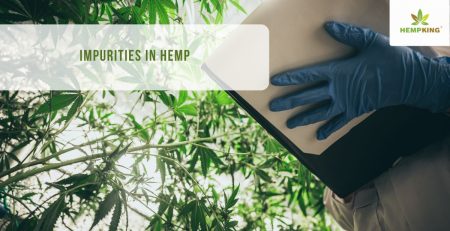
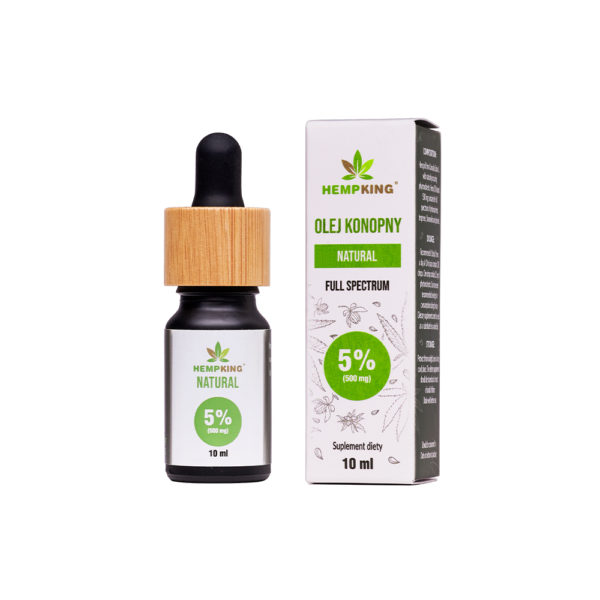
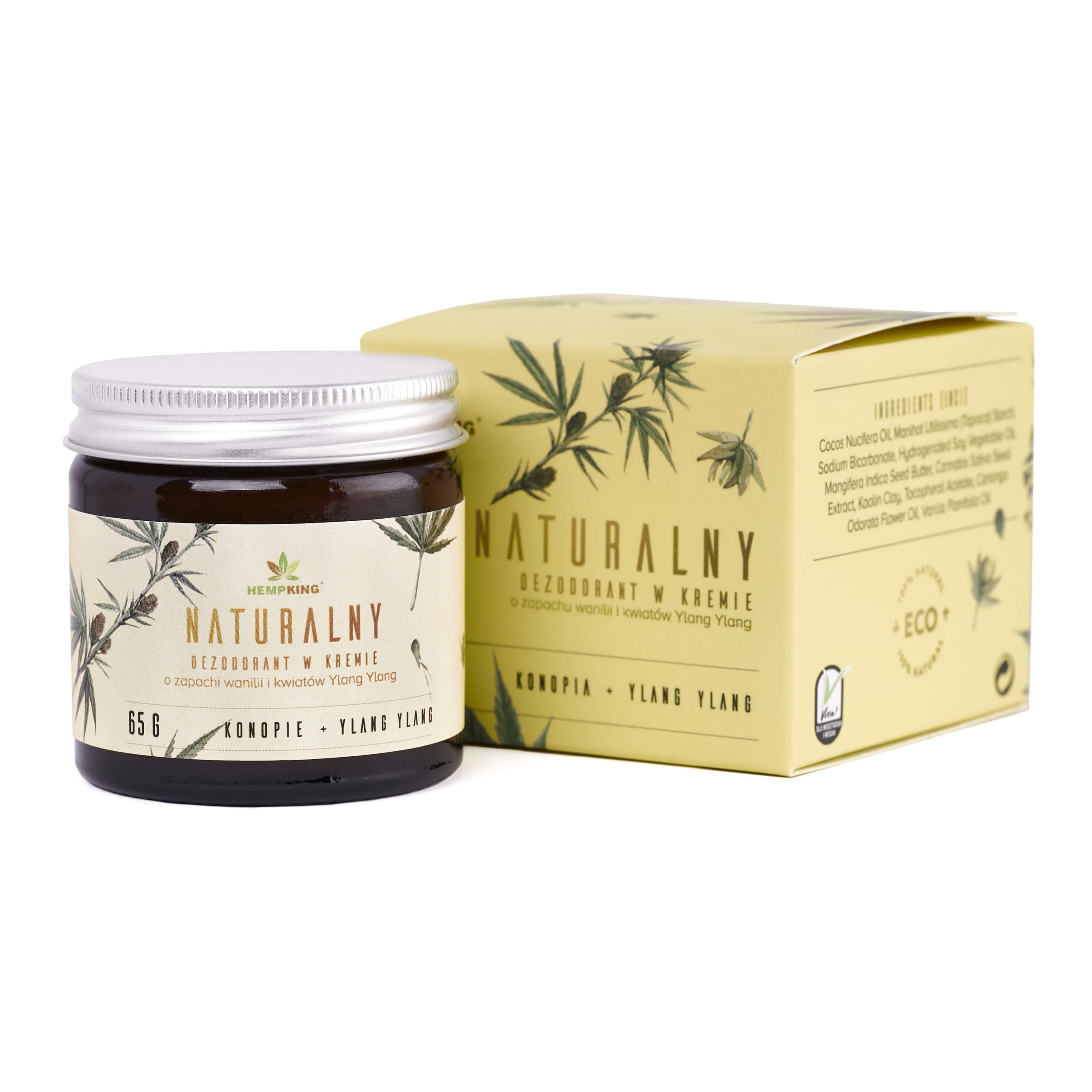
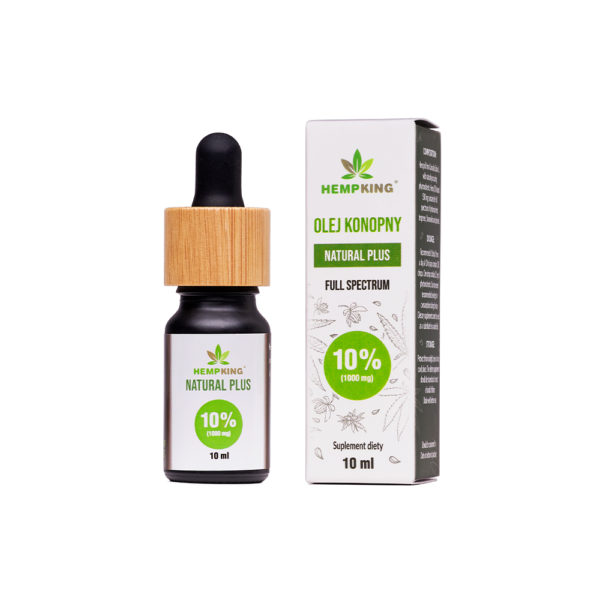
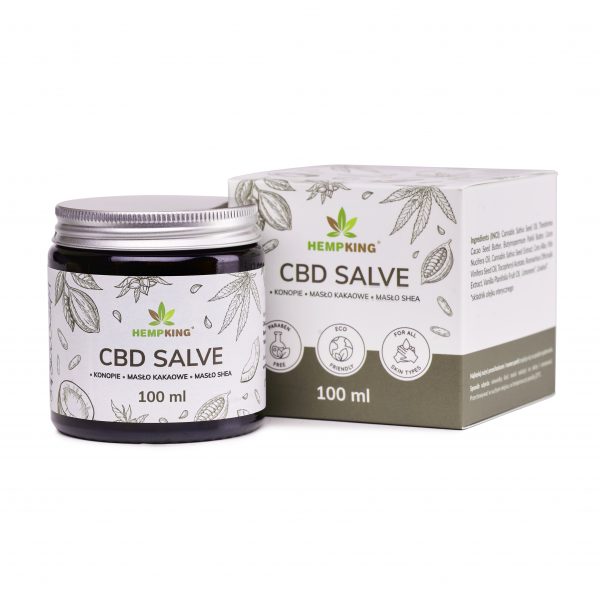
 Facebook
Facebook Instagram
Instagram

Leave a Reply